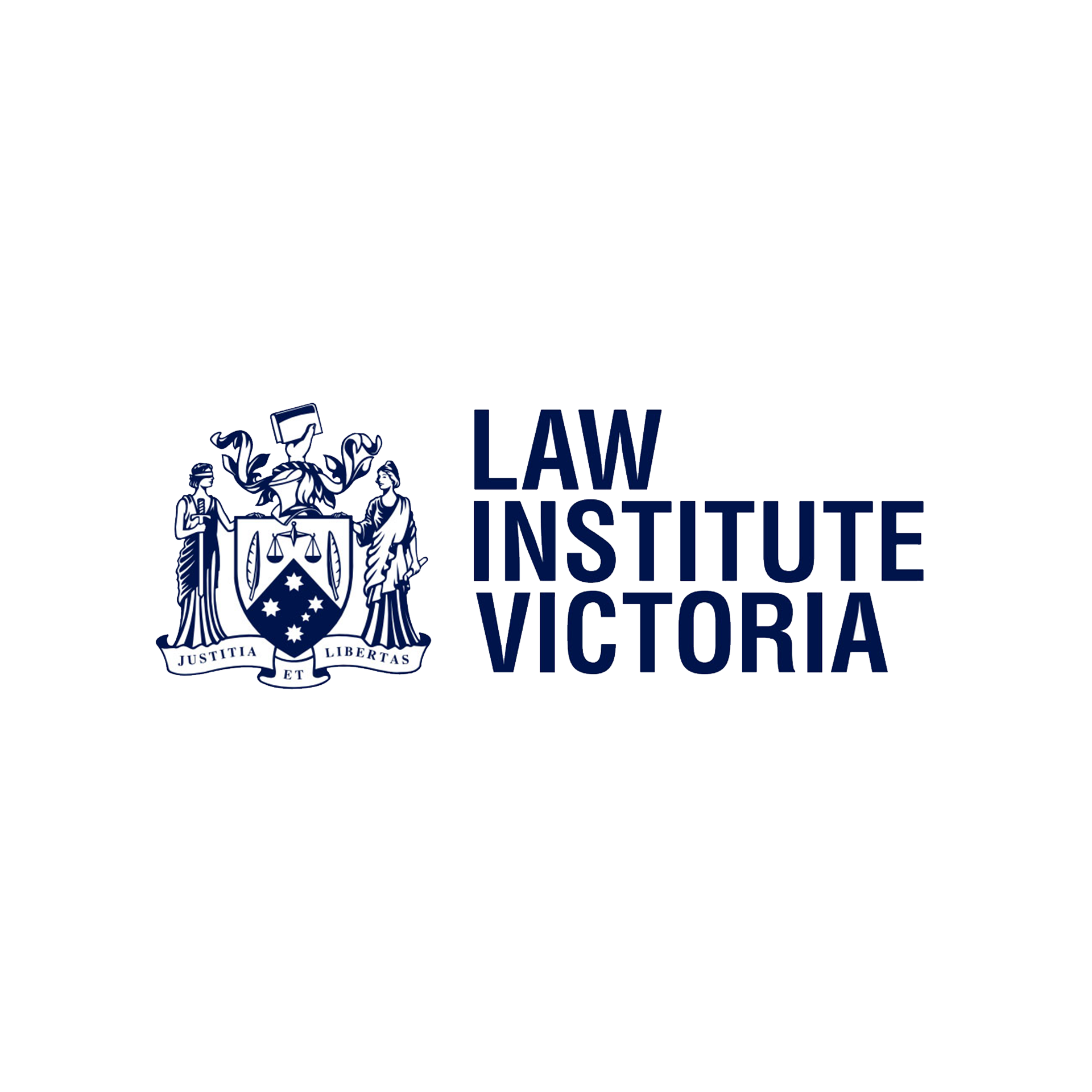Can You Gift a Property in Victoria Without Paying Stamp Duty?
Gifting property to a family member is a generous act, but in Victoria, it comes with significant tax implications. Many assume that transferring property without monetary exchange exempts them from stamp duty, but this is a common misconception.
Understanding Stamp Duty on Gifts
In Victoria, stamp duty, also known as land transfer duty, applies to most property transfers, including gifts. The State Revenue Office (SRO) assesses duty based on the greater of the property's market value or the consideration paid. This means that even if no money changes hands, the recipient may still be liable for stamp duty calculated on the property's market value.

Exemptions to Stamp Duty
While stamp duty generally applies, there are specific exemptions:
1. Transfers Between Spouses or Domestic Partners
Since 1 July 2017, exemptions apply only when:
- The transfer is of a principal place of residence (PPR).
- The transfer is made for no consideration, meaning you aren’t selling it to your spouse or domestic partner. The State Revenue Office may request a valuation of the property in making their assessment.
Both conditions must be met for the exemption to apply.
2. Transfers Due to Relationship Breakdown
Transfers resulting from the breakdown of a marriage or domestic relationship may be exempt under specific provisions of the Duties Act 2000.
Common Misconceptions
It's important to note that:
- Gifting property to children, siblings, or other relatives typically does not qualify for a stamp duty exemption.
- Transferring property from a trust to a beneficiary is not always exempt from stamp duty.
In these cases, the SRO requires evidence of the property's market value, often necessitating a valuation from a licensed real estate agent or property valuer.
Capital Gains Tax (CGT) Considerations
Beyond stamp duty, gifting property can trigger Capital Gains Tax (CGT). The Australian Taxation Office (ATO) treats gifts as disposals, meaning the donor may be liable for CGT based on the property's market value at the time of transfer. This is particularly relevant for investment properties or properties not used as the donor's main residence. Please contact your account and obtain financial advice in this regard.
Key Takeaways
- Most property gifts in Victoria attract stamp duty, calculated on the property's market value.
- Exemptions are limited and primarily apply to transfers between spouses/domestic partners of a principal place of residence made for no consideration.
- Proper documentation and valuations are essential to determine duty liabilities accurately.
- CGT implications should be considered when gifting property, especially for non-primary residences.
How MLS LEGAL Can Assist
Navigating the complexities of property transfers requires expert legal guidance. At MLS LEGAL, we specialise in:
- Advising on stamp duty obligations and exemptions.
- Preparing and lodging necessary documentation for property transfers.
- Coordinating with valuers to establish market value assessments.
If you're considering gifting property or transferring ownership within your family, contact us today to ensure a smooth and compliant process
Share This Blog






